Who we are?
Discover Down TV
More than 3,000 Videos Related to Down Syndrome
Down TV is an interactive platform that includes a wide selection of videos related to Trisomy 21 (or Down syndrome).
On Down TV you will find a wide range of topics covering many of the questions that Down Syndrome raises.
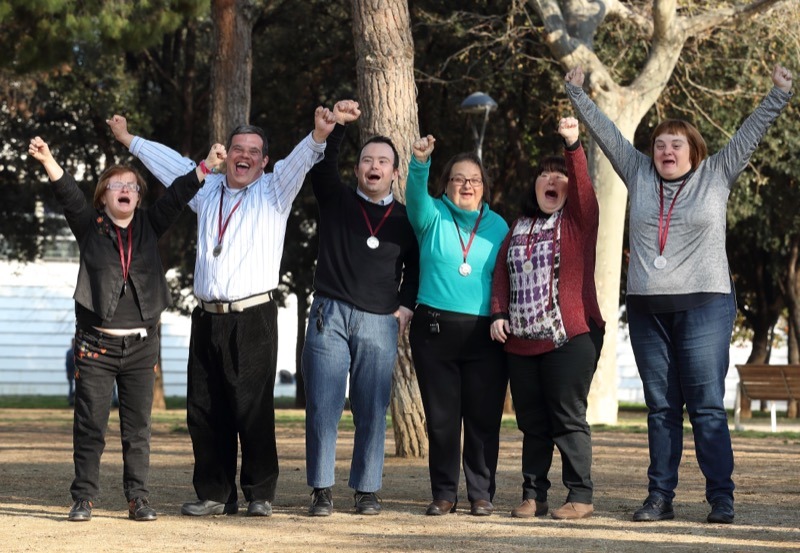
Our achievements
+ 3,000 videos on the
platform
+ 3 million
visits
Worldwide
Presence
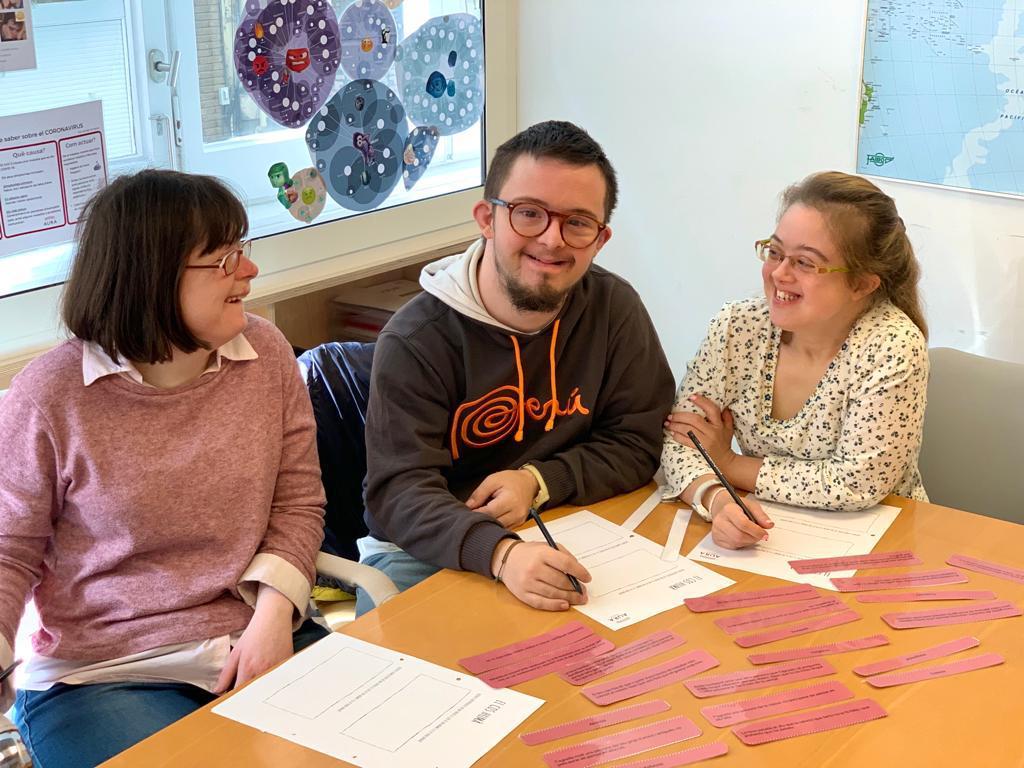
Raising awareness, expanding and breaking down barriers
Down TV promotes the abilities and rights of people with Down syndrome and supports social and occupational integration.
Down TV aims to show the world the experience of living with Down syndrome. At Down TV we want to break down myths and break down barriers, showing the reality of life with Down syndrome.
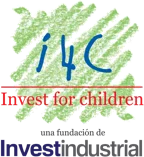
We understand diversity and work for the inclusion of people with intellectual disabilities
Invest for children (i4c) is an international non-profit foundation committed to achieving a better quality of life for people with intellectual disabilities.
It is audited by KPMG.
What Is Down Syndrome?
Down syndrome is a genetic disorder. People with Down syndrome have 47 chromosomes because there is an extra copy of chromosome 21, instead of the usual two, which is why it is also called Trisomy 21.
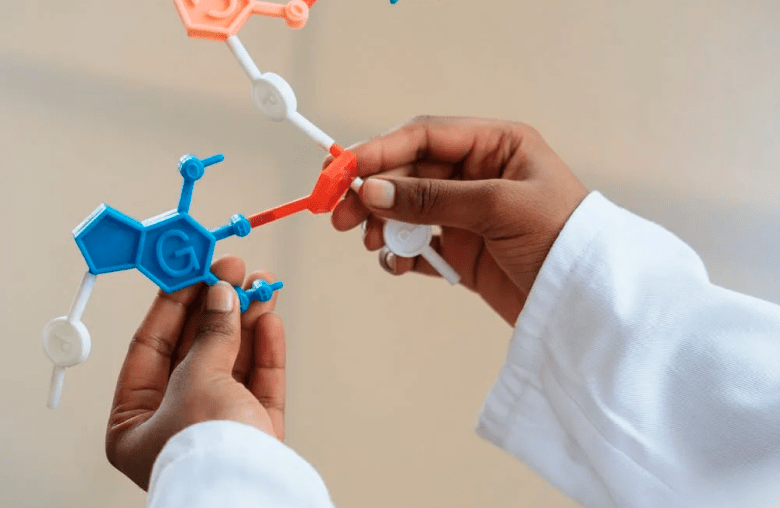
When was Down Syndrome Discovered?
Dr. John Haydon Down was a British physician and the medical superintendent of the Royal Earslwood Asylum for people with learning difficulties in the XIX century. Dr. Down noticed that some of his patients had the same physical characteristics, even he ventured to say that some of them looked so much alike that they would be taken as members of the same family. In 1866 he wrote his famous rapport about this condition that later became denominated “Down Syndrome” after him.
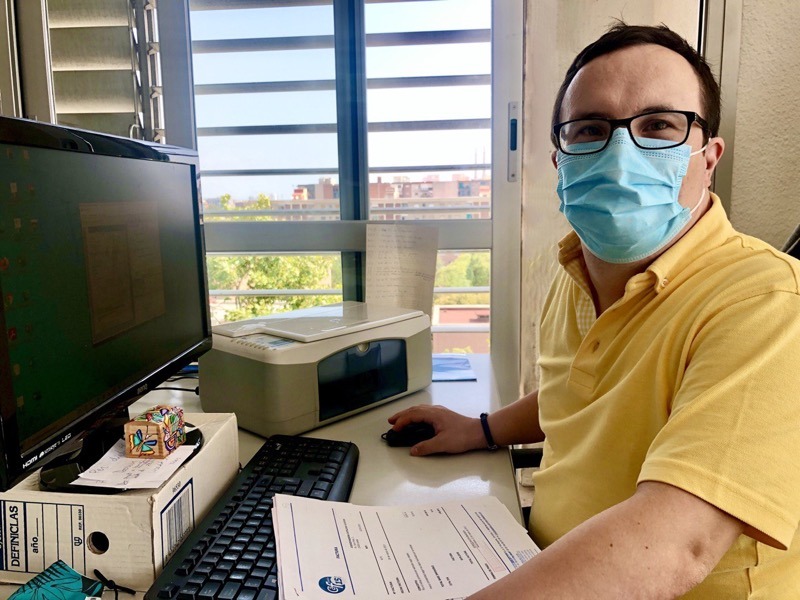
Causes
It is not known what causes the cells to divide abnormally to cause Down Syndrome. It can be stated that it does not depend on any of the parents, nor the ethnic, nor the social group. It is not related to any illness suffered during pregnancy, either.
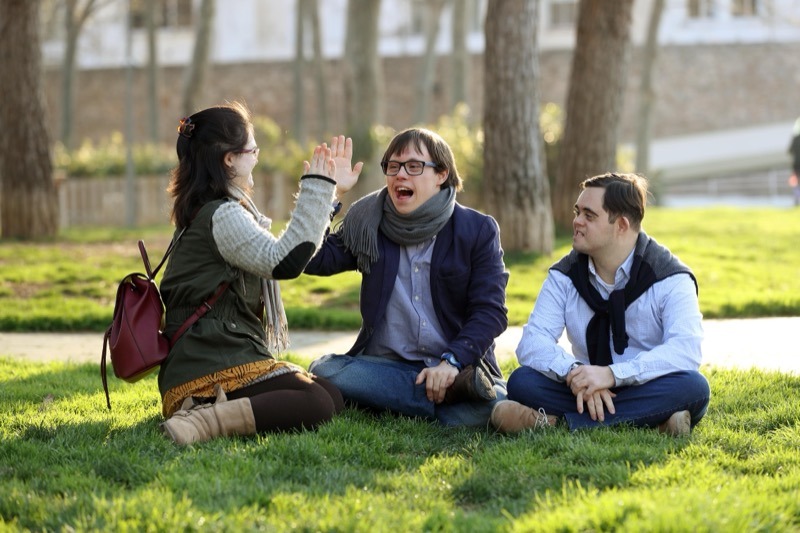
Effects
Since the beginning, this extra chromosome affects the psychical and physical development of the baby. Nevertheless, children with Down Syndrome have the same needs than other children: they should live in healthy environments, they need to stay with their family, they should be educated, they have the right to go to school, to play, laugh and relate to other people.
A baby with Down Syndrome will achieve the same milestones as other children: the first smile, sit alone, crawl, stand alone, first steps, first words… just in their own timetable. In monitoring the development of a child with Down syndrome, it is more useful to look at the sequence of milestones achieved, rather than the age at which the milestone is reached.
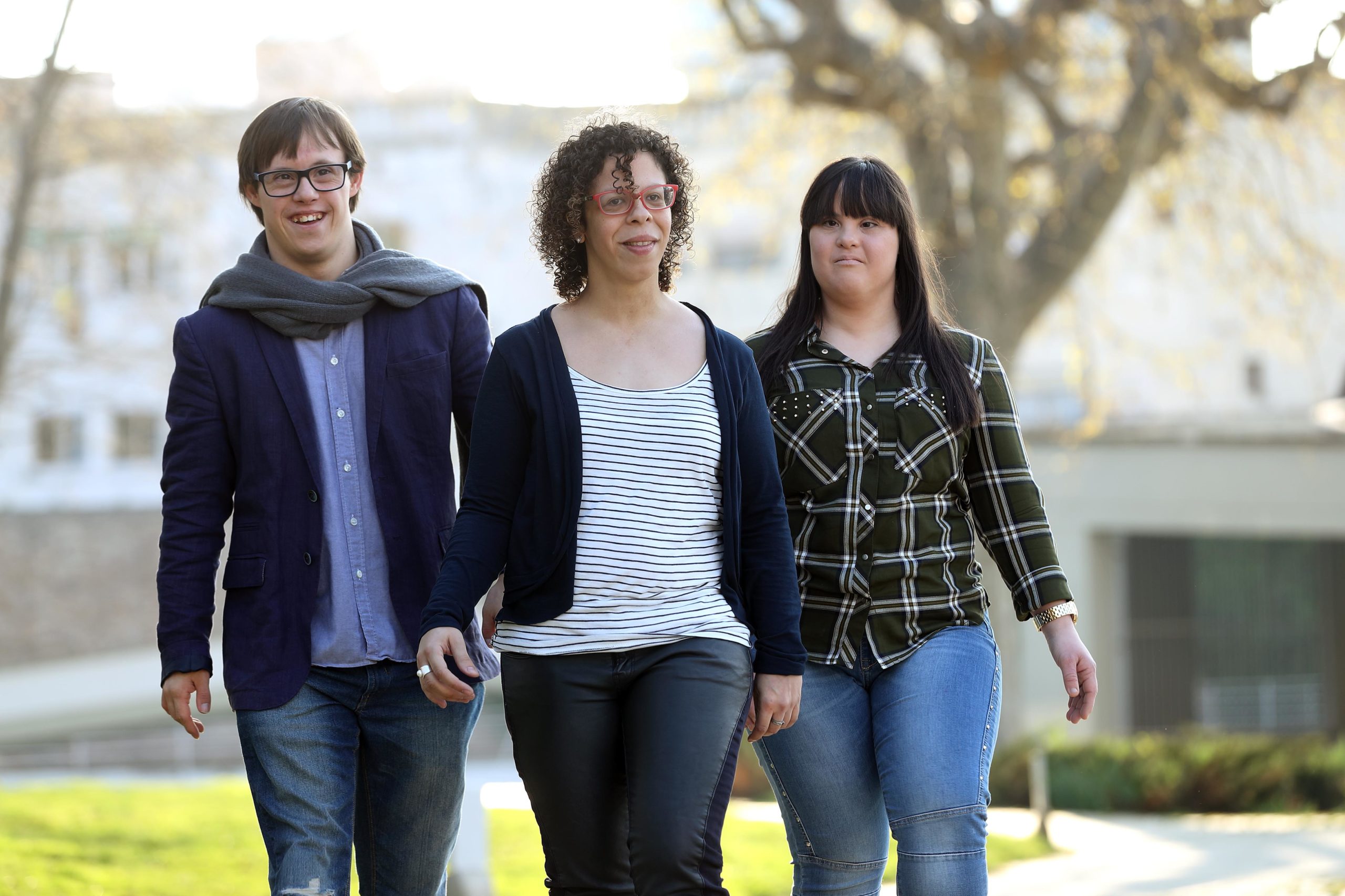
Difficulties
Sometimes Down syndrome comes with some specific coronary, digestive, endocrine difficulties, and visual and hearing problems. Also, they can easily get infections.
Nowadays we can confirm that an environment based on acceptance, on the adaptation of the methods of teaching and learning, on love and diversity is providing people with Down Syndrome the autonomy necessary to work, become independent and develop artistic abilities before unthinkable.